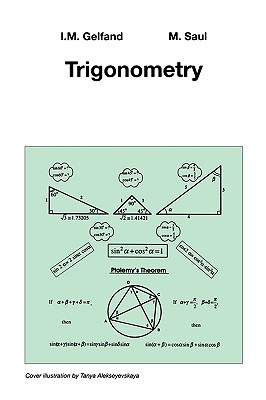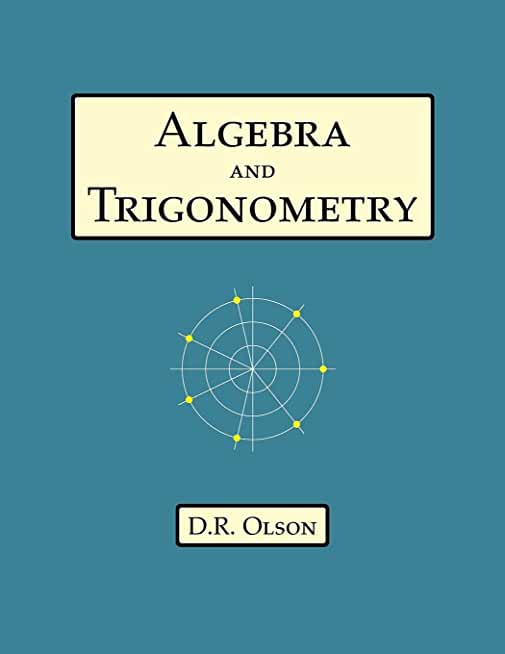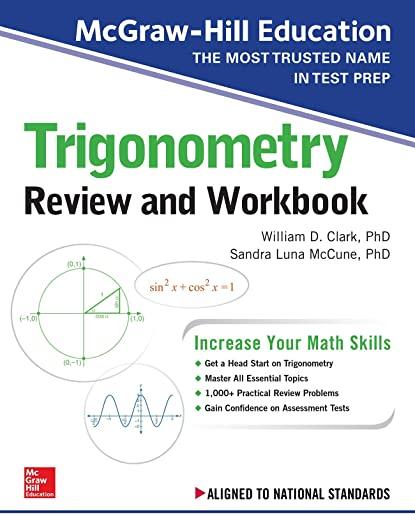
description
xpect students to learn why things are true, rather than have them memorize ways of solving a few problems, as most of our books have done. [This] same philosophy lies behind the current text by Gel'fand and Shen. There are specific 'practical' problems but there is much more development of the ideas....[The authors] have shown how to write a serious yet lively book on algebra."
--- R. Askey, The American Mathematics Monthly (review of Algebra)
member goods
No member items were found under this heading.
notems store
Return Policy
All sales are final
Shipping
No special shipping considerations available.
Shipping fees determined at checkout.







